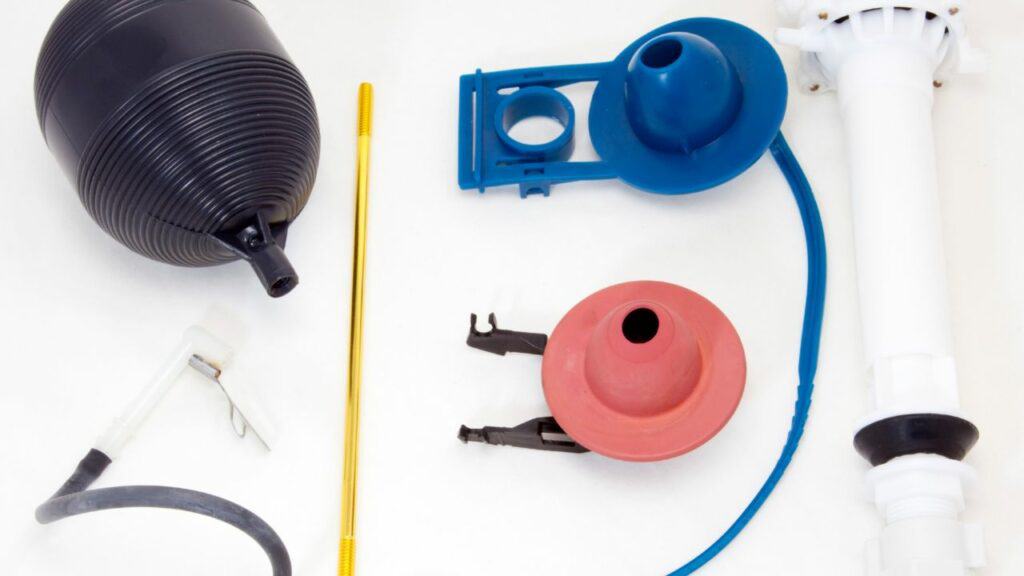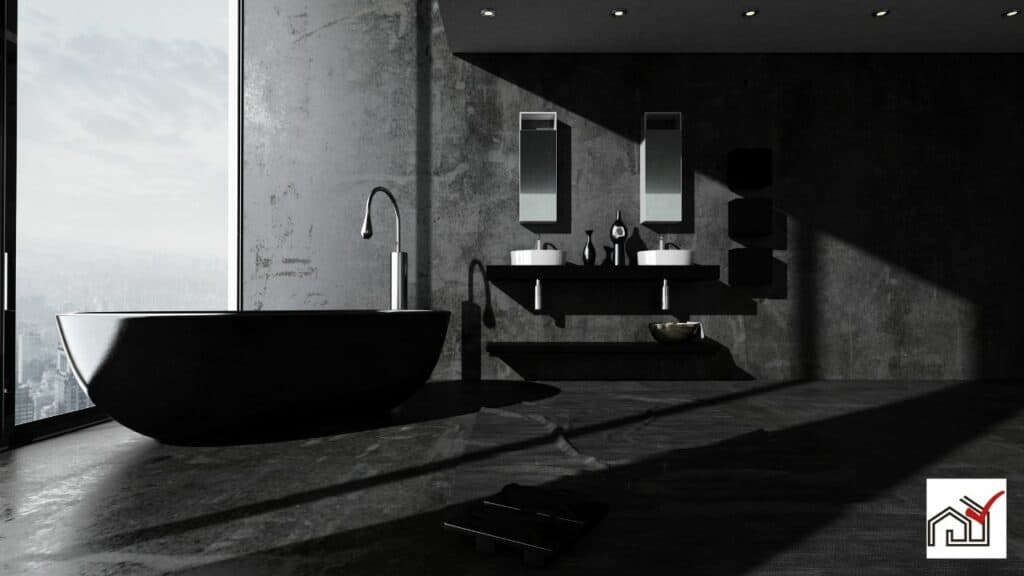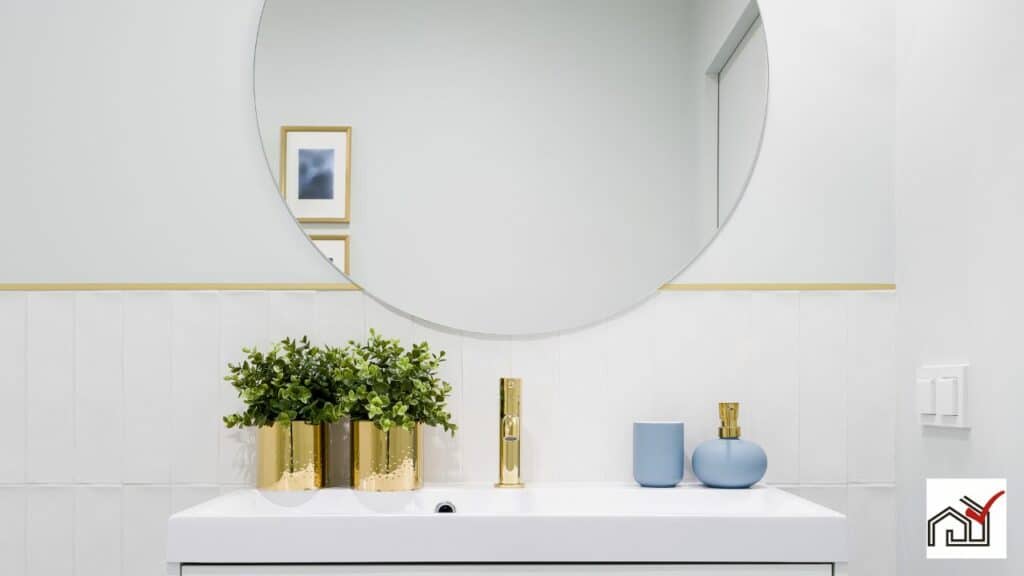The cost to tile a shower depends on several factors including the size of the shower, type of tile, design complexity, and regional labor rates.
Additional costs may include tile removal, waterproofing, and extra features such as heated floors.
Prices typically range from a few hundred to several thousand dollars.
It's recommended to get a detailed quote from a professional contractor for an accurate cost and quality installation.
Shower Size Considerations
The cost to tile a shower depends on its size, which affects the amount of material and labor required. On average, tiling shower walls and floors costs about $25 per square foot, covering both materials and installation. A standard-sized shower typically matches this average cost per square foot. However, a larger shower will cost more overall because it has a greater area that needs tiling, even though the cost per square foot may stay the same.
To budget accurately for a shower remodel, homeowners should measure their shower to determine its size. Showers range from small stalls to large walk-in designs, each with different tiling needs. Calculating the total square footage of the shower and multiplying it by the average cost per square foot provides a basic estimate of the cost. Final expenses can vary based on shower size, tile pattern complexity, and any additional custom features.
Tile Selection Factors
When choosing tiles for your shower, consider both aesthetics and costs. The tile type significantly impacts the appearance and cost. Tiles vary in price and quality, suiting different preferences.
Ceramic tiles are cost-effective, starting at $0.50 per square foot, and come in many colors and designs. Porcelain tiles are denser and more water-resistant than ceramic, suitable for shower floors but more expensive.
Natural stone tiles, like marble, granite, or slate, offer a high-end look but are costly, sometimes over $100 per square foot. They require regular sealing to prevent water damage.
Glass tiles provide a contemporary feel and are pricier than ceramic, but they enhance the shower's visual appeal. Mosaic tiles, which may be glass, ceramic, or stone, allow for custom designs but increase installation costs.
The finish of the tile affects cost and safety. Glossy finishes are less expensive and easy to clean but can be slippery when wet, a safety risk for shower floors. Matte or textured finishes offer better grip but may cost more.
Installation and Labor Costs
Installation and labor costs for shower tile installation typically range from $7 to $14 per square foot, including materials like grout and sealants. Costs may vary based on the job's complexity and tile type. Labor costs are a significant part of the total expense, with charges based on time and complexity of tile laying, and can increase for special tile handling or removal of old tiles. Additional labor costs may arise from surface preparation, waterproofing, and extra features such as heated floors.
To reduce costs, homeowners can choose simpler designs and standard materials, and compare quotes from different contractors. With careful planning and consideration of all job aspects, homeowners can manage shower tiling costs effectively.
Additional Expense Breakdown
When budgeting for a shower tiling project, it's important to include additional expenses beyond the cost of tiles.
Removing old tiles costs between $1.50 and $4.50 per square foot.
Material costs average $25 per square foot, with additional expenses for items like grout sealant necessary to maintain the shower's integrity.
A tub-to-shower conversion can add $1,200 to $1,800 to the total cost.
Installing a heated floor can increase costs by $1,700 to $6,000, also adding to the project's duration.
It is vital to consider these costs for a realistic budget and a successful renovation.
DIY Tiling Vs Professional
Homeowners choosing between DIY tiling and professional installation must consider cost and quality.
DIY tiling costs between $800 and $1,400, mainly saving on labor. It is suitable for those with home improvement skills and access to resources.
On the other hand, professional installation costs from $1,800 to $4,000, offering quality work and expertise in surface preparation and waterproofing to meet standards. Professionals usually complete the job faster, which is important for time-sensitive projects.
Material costs also affect the overall price, with cheaper materials potentially reducing costs for DIY but possibly compromising quality and durability.
While DIY may save on immediate costs such as mold inspection, professional work can prevent future problems, potentially saving money over time.
The decision should depend on the homeowner's budget, skills, and value placed on professional work and time efficiency.
Money-Saving Tips
To save money on tiling a shower, consider using basic tiles and simple patterns to keep costs low. Ceramic tiles are a cost-effective and durable option that come in many sizes. Choosing look-alike tiles can also cut costs without compromising on style.
To save on labor, you can remove old tiles yourself, but be careful not to damage the surface underneath. This could add to the cost.
Get quotes from multiple contractors for installation to compare prices. While it may be tempting to choose the cheapest option, make sure the contractor has a good reputation and can provide quality work.
Avoid tiles that need frequent resealing to prevent future maintenance costs.
While saving money is important, investing in quality materials and installation can prevent expensive repairs later on, maintaining the value of your shower.
Project Duration Estimates
Tiling a standard-sized shower typically takes two to five days. The duration varies based on design complexity, tile type, and shower size. The process includes surface preparation, waterproofing, tile laying, grouting, and sealing, with each step requiring time for quality results. Waterproofing may take a day to dry. Professionals can provide more accurate timelines.
Simple patterns and standard tiles may allow completion in one day, while custom designs take longer. Experienced professionals can ensure efficiency and adherence to timelines. The cost of tiles might affect the duration; higher-end tiles could need special handling or intricate installation, extending the project time. Homeowners should consult with contractors for a realistic timeframe.





